Possessing rich natural landscapes and a unique cultural heritage system, stretching from the highlands to the coastal islands, the provinces and cities in the Central Highlands region have identified tourism as a key economic sector.
In the 2025-2030 period, localities in the region have proposed many development orientations, aiming to form high-quality, international-level tourism centers.
Elevating destination positioning
In Quang Tri , the locality strives to welcome 13-15 million tourists by 2030, contributing about 10% of GRDP, making tourism truly a spearhead economic sector, linked to community benefits and sustainable development.
The province takes full advantage of its natural advantages and geographical location with nearly 200km of coastline, diverse ecosystems, many scenic spots, historical and cultural relics to plan and develop key tourist areas with international competitiveness.
Quang Tri is positioned to become an attractive destination, an adventure tourism center of the Asian region. In particular, Phong Nha-Ke Bang National Park aims to become a regional-class tourism center, Dong Hoi and Cua Viet become the coastal tourism centers of the Central region.
Quang Tri will focus on building technical infrastructure for major tourist centers and tourist destinations; attracting strategic investors with potential and experience; developing diverse types and tourism products to meet the diverse needs of domestic and international visitors; focusing on developing resort, sports and entertainment complexes, shopping centers and urban areas in suitable locations...
In addition, the province will promote and advertise tourism in depth; strongly apply digital transformation; develop tourism human resources; build a safe, civilized, polite, friendly and hospitable tourism environment.
In Quang Ngai, one of the five key and breakthrough tasks of the 2025-2030 term is tourism development. The province aims to turn Ly Son special zone into a sea-island tourism center, and Mang Den tourist area into an eco-tourism and resort center.
Quang Ngai tourism industry focuses on forming tourist routes connecting forests and seas on the basis of promoting the cultural diversity of each region, of ethnic minorities, historical and cultural relics, and landscapes imbued with the identity of the Central Highlands.
In addition, the province also attracts strategic investors to invest in large-scale, high-quality urban-service-resort-tourism and entertainment complexes along the Dung Quat-Sa Huynh coastal route, Ly Son special economic zone, Thach Bich-Nui Chua tourist area, Ca Dam mountain...
Gia Lai aims to welcome about 18.5 million tourists by 2030, of which 1.1 million will be international visitors. The province aims to develop tourism into a spearhead, green and sustainable economic sector; build Gia Lai into a classy destination with diverse, high-quality tourism products, competitive domestically and internationally based on the advantages of the sea, mountain and forest ecology, natural lakes, Central Highlands cultural heritage and Binh Dinh culture and history associated with the Tay Son movement...
The province will focus on building the Phuong Mai-Nui Ba area, Bien Ho - Chu Dang Ya tourist area into a national tourist area; exploiting tourism along the traffic route An Khe - Dong Truong Son road - National Highway 24 - Mang Den...
Developing tourism and high-quality services
Not only the coastal provinces of the Central region, the Central Highlands region is also making strong breakthroughs in tourism development, exploiting the potential of landscape, climate and unique cultural identity to form high-quality, competitive destinations in the region.
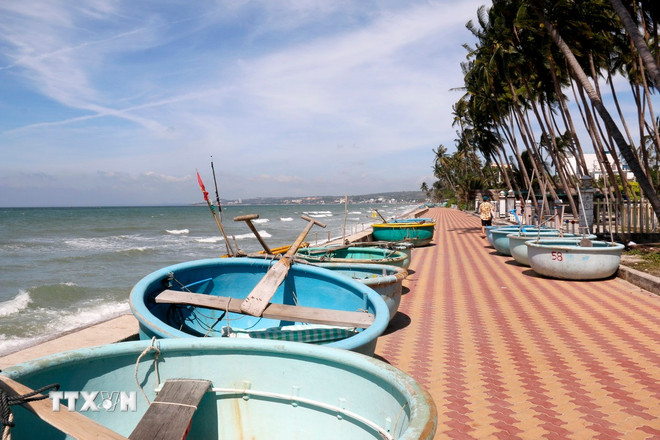
Among them, Lam Dong is considered a locality with many outstanding advantages, possessing famous destinations with big brands such as Da Lat, Bao Loc, Phan Thiet, Mui Ne, Phu Quy, Dak Nong UNESCO Global Geopark and Ta Dung Lake.
The province is determined to continue restructuring the service - tourism industry, creating new development momentum, diversifying tourism products, prioritizing new, high-quality types, associated with digital technology applications and promoting local specific advantages. Outstanding tourism products include agricultural, music, adventure, sports, medical, resort, cultural, MICE and sea sports tourism...
At the same time, Lam Dong focuses on attracting investment in urban-commercial-service-tourism complexes, high-end resorts and large-scale projects to develop and effectively exploit Mui Ne National Tourist Area, Tuyen Lam Lake, Dak Nong Global Geopark, Ta Dung landscape, Phu Quy special zone and other key tourist areas, thereby creating momentum to promote the local spearhead economic sector.
Da Nang City - a dynamic coastal city with many potentials, notably the advantage of regional connectivity and two World Cultural Heritages: Hoi An Ancient Town and My Son Sanctuary.
The city is aiming to become a top attractive destination in the world. With Da Nang International Airport and Chu Lai Airport, the city currently has 17 international routes, 10 domestic routes, an average of about 120 flights per day, creating favorable conditions for tourists to travel to tourist destinations.
In recent years, Da Nang tourism brand has been increasingly affirmed on the international tourism map with many prestigious titles such as: "Asia's leading event and festival destination," top 10 Asian cities with the highest rate of returning visitors, top 50 attractive global destinations. In particular, Hoi An is ranked 6th in the top 25 most beautiful cities in the world in 2025...
In the first 9 months of 2025 alone, Da Nang welcomed about 14.4 million visitors, including 5.8 million international visitors, with revenue from accommodation, food and beverage and travel services reaching nearly 41,000 billion VND, continuing to affirm its position as the leading tourist center of the Central region and the whole country.
The infrastructure system and tourism service capacity of Da Nang city are constantly being improved.
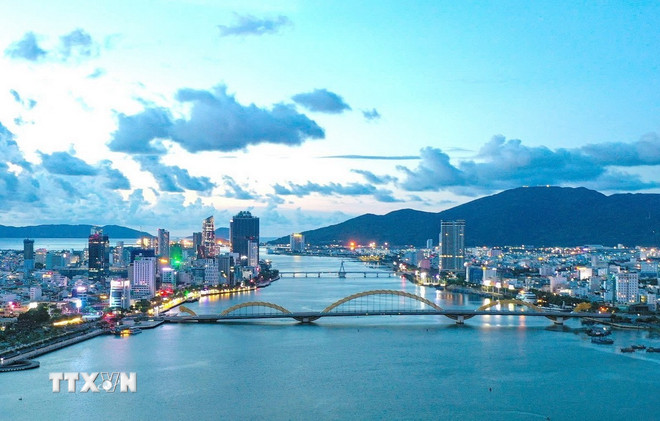
The city currently has more than 2,200 accommodation establishments with nearly 66,000 rooms, ranking first in the country in the number of 4-5 star tourist accommodation establishments that have been classified; 57 tourist attractions; more than 1,700 tourist transport vehicles, 118 qualified tourist ships, 682 travel agencies, more than 7,000 tour guides; nearly 10,000 quality dining and shopping establishments.
Tourism is a comprehensive economic sector. To achieve the above breakthrough development goals, it requires investment and synchronous development in many different fields, especially the connecting transport system.
In the 2025-2030 term, provinces and cities in the Central Highlands region are determined to coordinate to complete or start new highways as planned, and invest in completing waterway, air, and railway infrastructure.
Da Nang City will expand Passenger Terminals T1 and T2 of Da Nang International Airport to a capacity of 10 million passengers per year; build Chu Lai Airport to meet international airport standards; and convert Tien Sa Port after 2030 into a tourist port and marina.
Gia Lai province will also invest in new terminals, expand parking lots, build a second runway and taxiways in accordance with the planning of Phu Cat Airport and Pleiku Airport.
Dak Lak province upgrades Tuy Hoa Airport to meet 4C domestic airport standards, expands Buon Ma Thuot Airport, and is moving towards being qualified to operate international flights.
Lam Dong province also attracts investment in the project to upgrade and expand Lien Khuong International Airport; Phan Thiet Airport project. Quang Ngai province researches and develops airports in Ly Son special economic zone, Mang Den Airport...
According to Ms. Truong Thi Hong Hanh, Director of the Department of Culture, Sports and Tourism of Da Nang City, to achieve the goal of building Da Nang into an attractive destination in the world, the city has determined to take the value of cultural heritage and historical traditions of Vietnam, of the land and people of Quang Nam as the core foundation to create new, unique tourism products with their own mark, creating a difference on the world tourism map.
These are cultural heritage tourism associated with Hoi An Ancient Town, My Son Sanctuary, Ma Nhai Stele in Ngu Hanh Son; high-end beach resort tourism combining sea sports, yachting, golf, health care; strongly developing MICE tourism and festival and event tourism.
The city also invests in night tourism products such as light festivals, shows, food streets, night markets, and Han River cruises to enhance the experience and length of stay of tourists.
In addition, the city also promotes communication, expands the market and attracts high-end, business, resort and golfer segments, promoting Da Nang as a cultural, heritage, island and multi-experience destination.../.
Source: https://www.vietnamplus.vn/mien-trung-tay-nguyen-dinh-huong-hinh-thanh-trung-tam-du-lich-chat-luong-cao-post1071807.vnp







![[Photo] General Secretary To Lam receives the Director of the Academy of Public Administration and National Economy under the President of the Russian Federation](/_next/image?url=https%3A%2F%2Fvphoto.vietnam.vn%2Fthumb%2F1200x675%2Fvietnam%2Fresource%2FIMAGE%2F2025%2F12%2F08%2F1765200203892_a1-bnd-0933-4198-jpg.webp&w=3840&q=75)
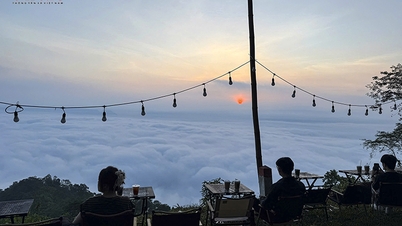

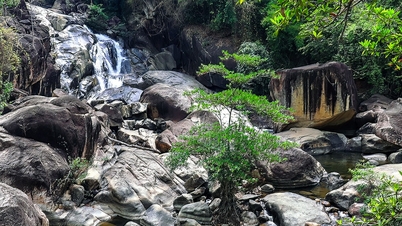

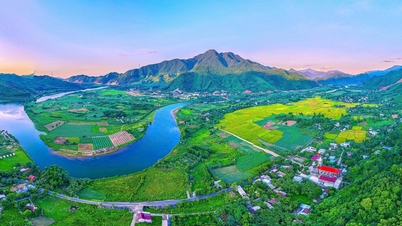

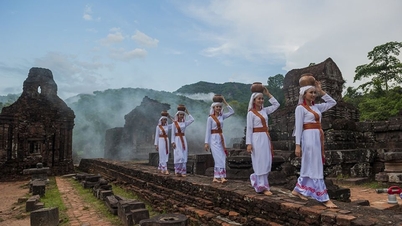



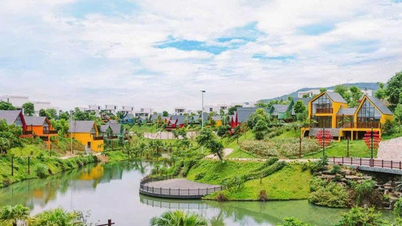

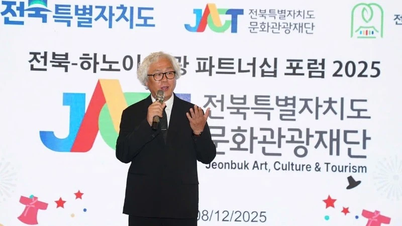





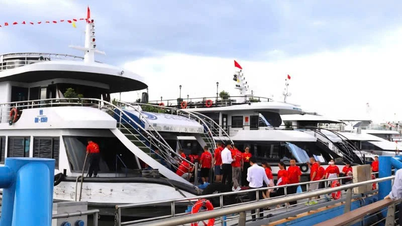
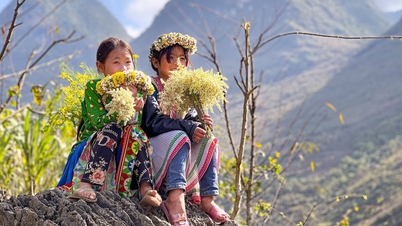
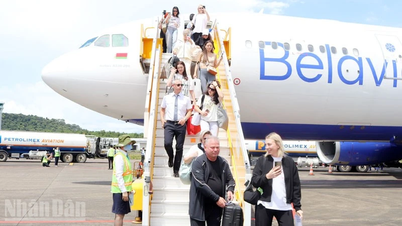




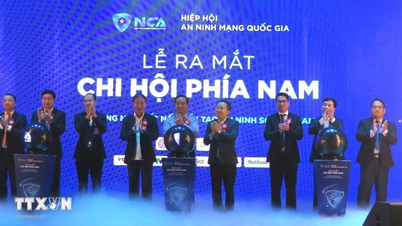
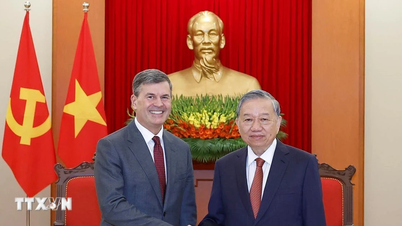

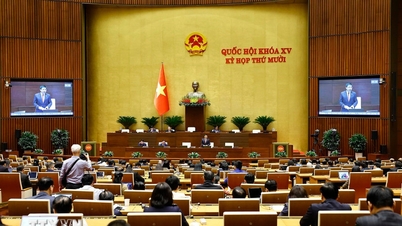
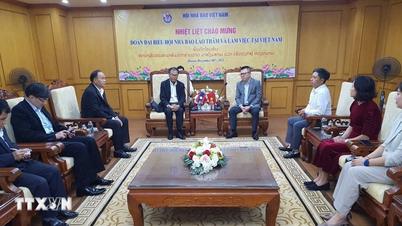






















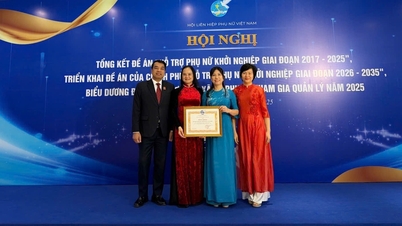














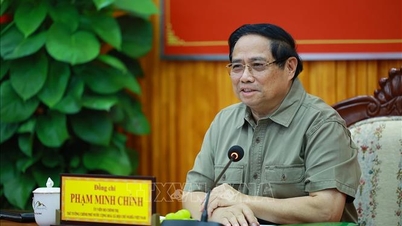
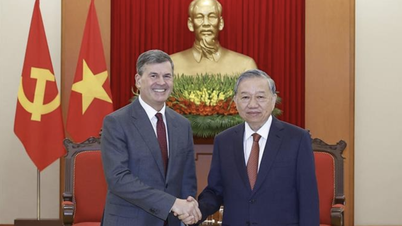


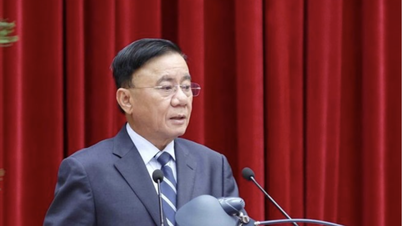


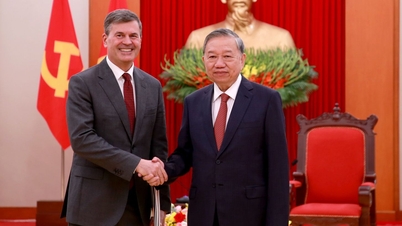






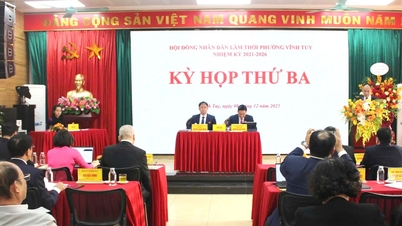
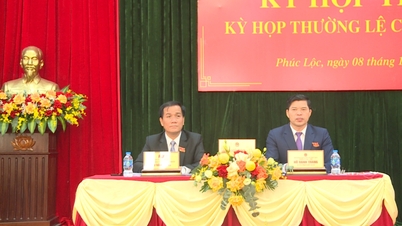




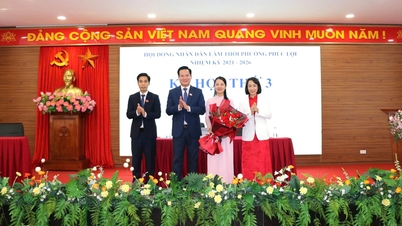
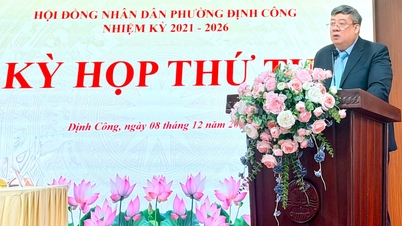
















Comment (0)